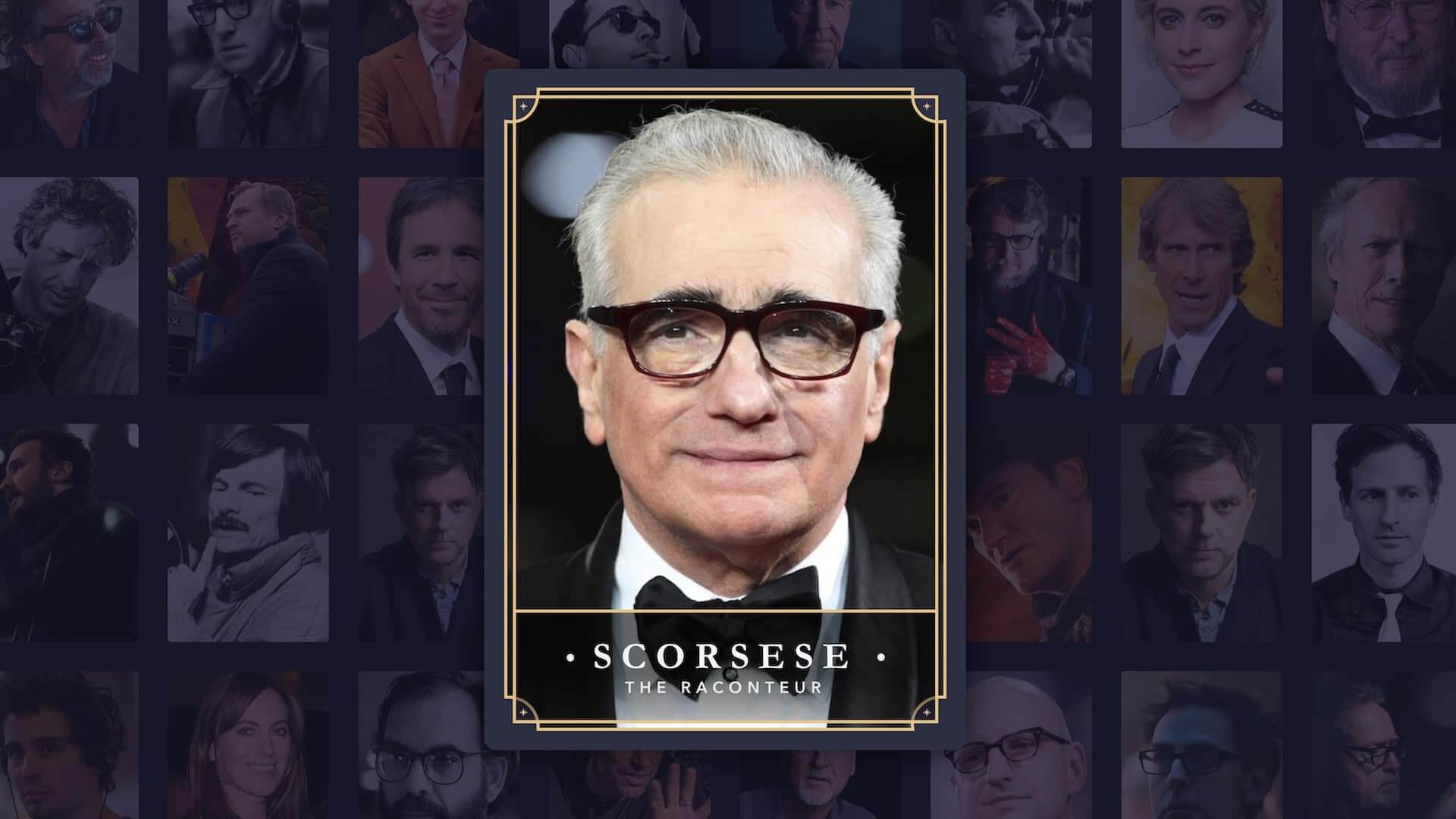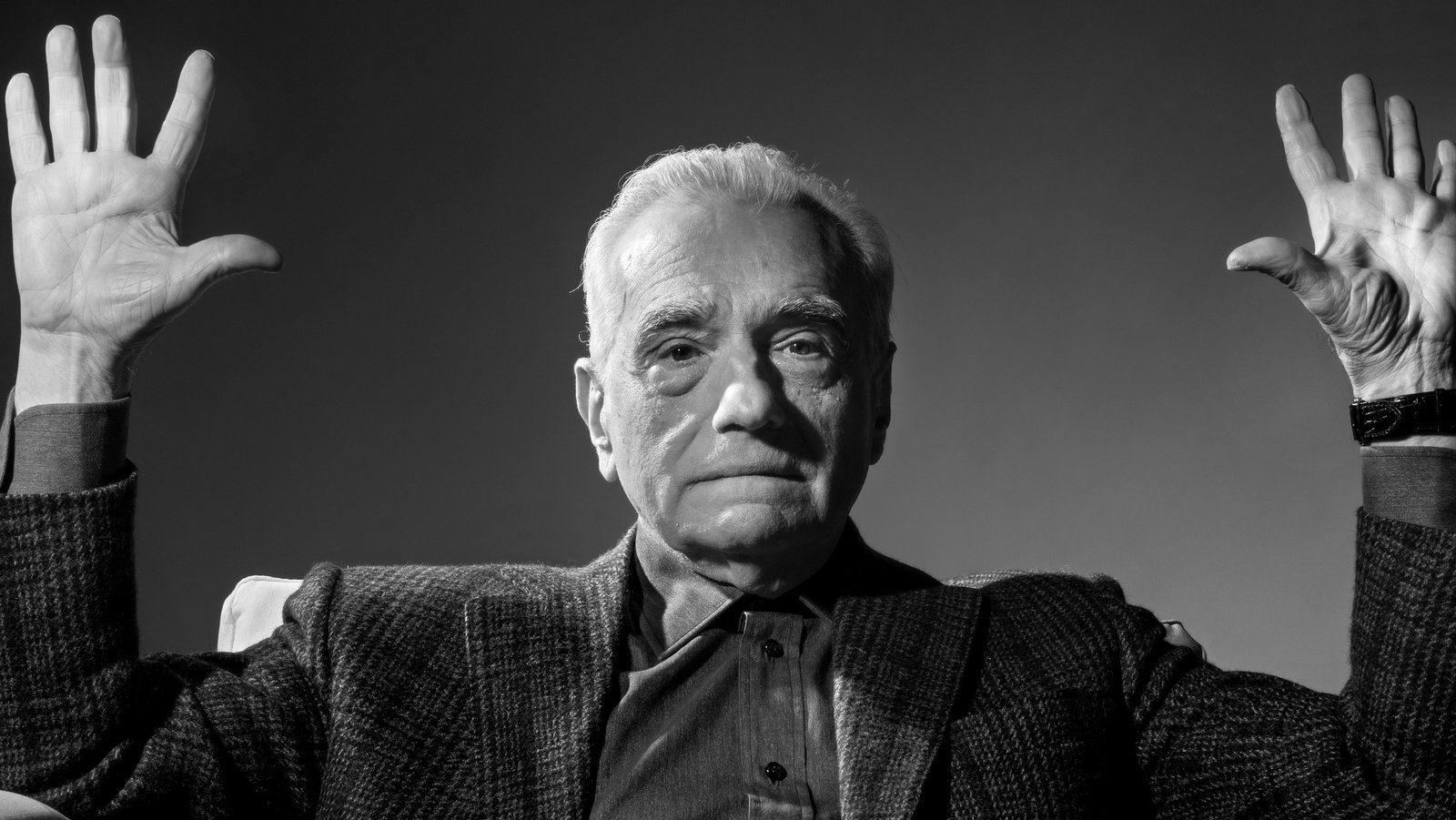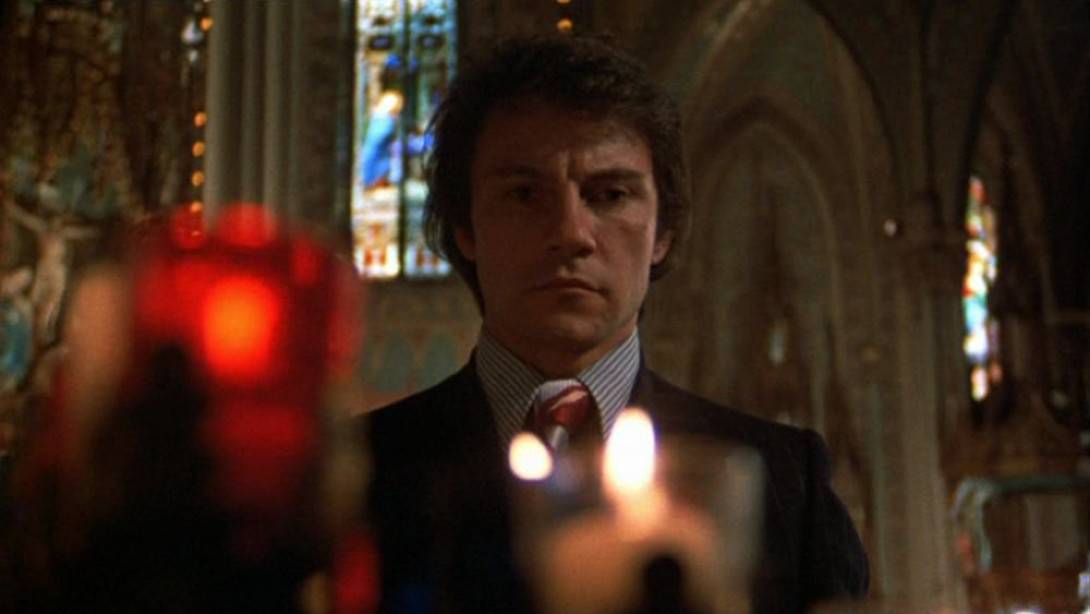Martin Scorsese: A Cinematic Legend And His Impact On The Film Industry
**So, here's the deal—Martin Scorsese is not just a name; he's a force, a powerhouse, a legend in the film industry.** If you've ever sat through a movie that made your heart race, your jaw drop, or your mind question everything you thought you knew about storytelling, chances are you’ve experienced the magic of Scorsese. His films aren’t just movies—they’re masterpieces, lessons in filmmaking, and cultural touchstones. But what exactly makes him such an icon? Let’s dive into it, shall we?
Martin Scorsese has been around the block a few times, and by “around the block,” I mean he’s been redefining cinema for over five decades. From the gritty streets of Little Italy to the grandeur of Hollywood, his work has left an indelible mark on the film industry. His ability to blend raw emotion with technical brilliance is unparalleled, and his influence extends far beyond the silver screen.
What’s fascinating about Scorsese isn’t just his films—it’s the way he approaches storytelling. He’s a director who wears his heart on his sleeve, and his passion for cinema shines through every frame. Whether he’s exploring the dark underbelly of organized crime or delving into the complexities of human nature, Scorsese never fails to deliver. And that’s what we’re going to explore today: the man, the myth, and the legend.
Read also:Leanne Morgans Husbands Clayton Homes A Closer Look
Biography of Martin Scorsese
Before we get into the nitty-gritty of his impact on the film industry, let’s take a step back and look at the man behind the lens. Born on November 17, 1942, in Queens, New York, Martin Scorsese grew up in a household that valued storytelling and creativity. His early years were shaped by his Italian-American roots, which heavily influenced his later work.
Here’s a quick rundown of his life in a table:
| Full Name | Martin Charles Scorsese |
|---|---|
| Date of Birth | November 17, 1942 |
| Place of Birth | Queens, New York, USA |
| Profession | Film Director, Screenwriter, Producer |
| Notable Works | "Goodfellas," "Taxi Driver," "The Departed," "Raging Bull," "The Wolf of Wall Street" |
| Awards | 3-time Academy Award Winner, 7-time BAFTA Winner, 4-time Golden Globe Winner |
Early Life and Influences
Scorsese’s love for cinema started early. Growing up in Little Italy, he was surrounded by stories of family, tradition, and struggle—themes that would later become staples in his films. His health issues as a child, including asthma, kept him indoors, where he spent countless hours watching movies. This exposure to classic cinema laid the foundation for his future career.
His parents, both of Italian descent, instilled in him a deep appreciation for storytelling and cultural heritage. These influences are evident in his films, which often explore themes of identity, morality, and redemption. Scorsese’s early years weren’t just about watching movies; they were about learning how to tell stories that matter.
Scorsese's Early Career: Breaking Into Hollywood
Martin Scorsese didn’t just wake up one day and become a legend. Like any great director, he had to work his way up. His journey began at New York University, where he earned a degree in film. It was during this time that he started making short films, honing his craft and developing his unique style.
After graduating, Scorsese joined the burgeoning film scene in New York, working on low-budget productions and gaining valuable experience. His breakthrough came with the film "Who's That Knocking at My Door" (1967), a semi-autobiographical tale that showcased his talent for blending personal storytelling with cinematic flair.
Read also:Icebox Little Giants The Ultimate Guide To Understanding And Maximizing Your Potential
Key Themes in Scorsese's Films
If you’ve seen even one Martin Scorsese film, you’ll notice certain recurring themes. These themes are what make his work so distinctive and impactful. Here are a few:
- Crime and Corruption: Scorsese has a knack for exploring the seedy underbelly of society. Films like "Goodfellas" and "The Departed" delve deep into the world of organized crime, exposing its complexities and moral ambiguities.
- Redemption and Morality: Many of his characters are flawed, often grappling with their own demons. Scorsese’s films often ask the question: Can someone truly change?
- Religion and Faith: As a Catholic, Scorsese often incorporates themes of religion into his work. Films like "The Last Temptation of Christ" and "Silence" explore the intersection of faith and doubt.
Martin Scorsese's Impact on the Film Industry
Now, let’s talk about the real meat of the matter—Scorsese’s impact on the film industry. His influence is felt across the board, from the way films are made to the way they’re perceived. He’s not just a director; he’s a trailblazer who has pushed the boundaries of what cinema can be.
Revolutionizing Film Techniques
Scorsese is known for his innovative use of camera techniques, editing, and sound design. In "Goodfellas," for example, he used long tracking shots and dynamic editing to create a sense of urgency and excitement. These techniques have since become staples in modern filmmaking.
His collaboration with editor Thelma Schoonmaker has also been instrumental in shaping his style. Together, they’ve created some of the most memorable sequences in film history. Scorsese’s ability to blend technical brilliance with emotional depth is what sets him apart from his peers.
Scorsese's Collaborations: A Who's Who of Hollywood
One of the reasons Scorsese’s films are so iconic is his ability to attract top talent. From Robert De Niro to Leonardo DiCaprio, he’s worked with some of the biggest names in Hollywood. These collaborations have produced some of the most memorable performances in cinema history.
Robert De Niro: The Perfect Partnership
Scorsese’s partnership with Robert De Niro is one of the most celebrated in Hollywood. Together, they’ve created masterpieces like "Taxi Driver," "Raging Bull," and "Goodfellas." De Niro’s intense performances bring Scorsese’s characters to life, creating a synergy that’s hard to replicate.
Scorsese's Influence on Modern Filmmakers
Martin Scorsese’s influence extends far beyond his own films. Directors like Quentin Tarantino, Christopher Nolan, and Martin McDonagh have all cited him as a major influence. His ability to blend technical expertise with emotional depth has inspired a generation of filmmakers.
Lessons in Storytelling
Scorsese’s films are masterclasses in storytelling. Whether it’s the way he builds tension in "Taxi Driver" or the way he explores morality in "The Wolf of Wall Street," his work is a testament to the power of good storytelling. For aspiring filmmakers, there’s no better teacher than Scorsese.
The Future of Martin Scorsese
At 80 years old, Martin Scorsese shows no signs of slowing down. With projects like "Killers of the Flower Moon" on the horizon, it’s clear that he still has a lot to offer the world of cinema. His passion for storytelling remains undiminished, and his dedication to his craft is as strong as ever.
Legacy and Beyond
Scorsese’s legacy is secure. He’s not just a director; he’s a cultural icon whose work has shaped the way we think about cinema. His films will continue to inspire and educate for generations to come. But what’s most exciting is the possibility of what’s yet to come. With new technology and fresh perspectives, Scorsese’s future work promises to be just as groundbreaking as his past efforts.
Table of Contents
Scorsese's Early Career: Breaking Into Hollywood
Key Themes in Scorsese's Films
Martin Scorsese's Impact on the Film Industry
Scorsese's Collaborations: A Who's Who of Hollywood
Scorsese's Influence on Modern Filmmakers
Conclusion
So, there you have it—the story of Martin Scorsese, a cinematic legend whose impact on the film industry is immeasurable. From his early days in Little Italy to his current status as one of the most respected directors in the world, Scorsese has proven time and again that he’s a force to be reckoned with. His films aren’t just entertainment; they’re lessons in storytelling, culture, and humanity.
As you reflect on his work, consider this: What makes a great filmmaker? Is it their ability to tell stories that resonate with audiences? Is it their technical prowess? Or is it something more intangible—a certain magic that can’t be quantified? Whatever it is, Scorsese has it in spades.
So, the next time you watch one of his films, take a moment to appreciate the artistry, the passion, and the dedication that went into making it. And if you haven’t seen all of his films yet, well, what are you waiting for? Dive in and experience the magic for yourself.
And hey, if you enjoyed this article, don’t forget to share it with your friends. Spread the word about Martin Scorsese, the man who changed cinema forever. Who knows? You might just inspire someone else to pick up a camera and start telling their own stories.


